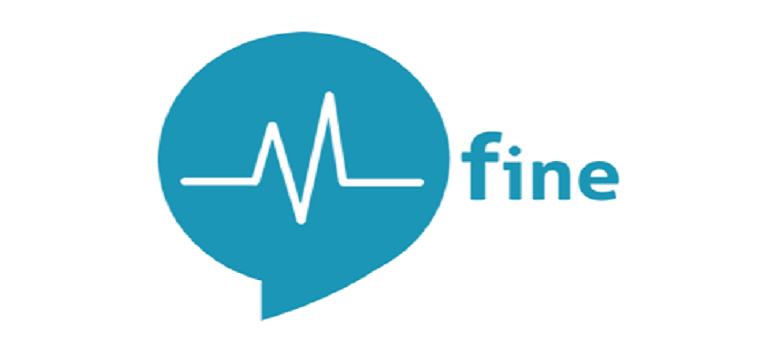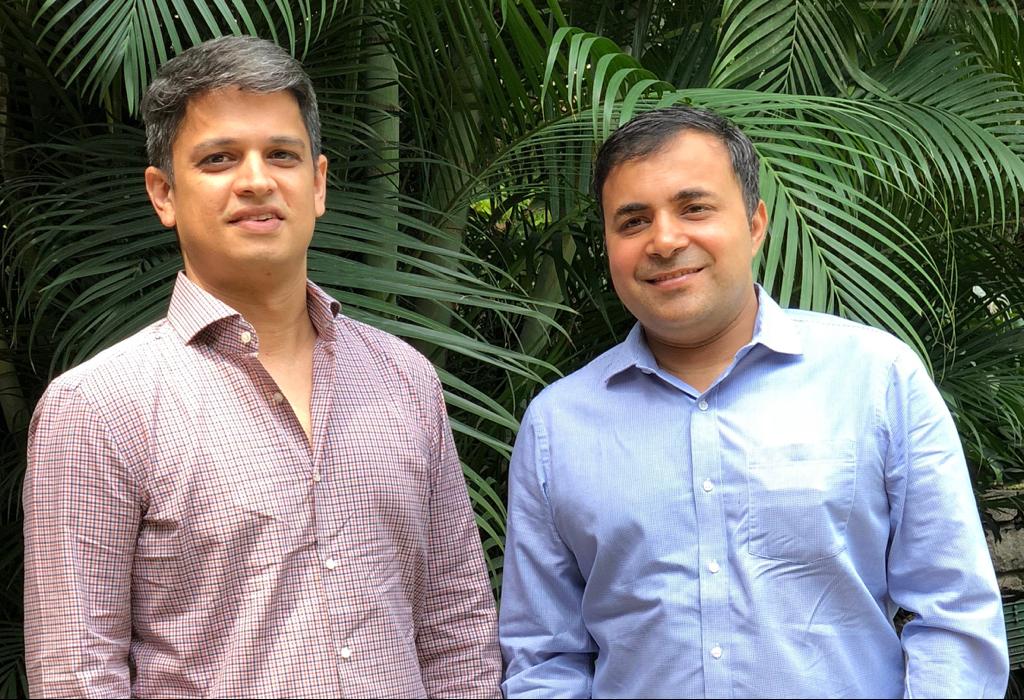Earlier this year, The CoWrks Foundry partnered with The Yale Institute for Global Health [YIGH], supported by RMZ Foundation, to announce the collaborative Sustainable Health Initiative [SHI].

The SHI is a 24-week long interdisciplinary business accelerator program for young & early stage startups building innovative solutions in healthcare. On 7th June, the program officially launched with an event at CoWrks Residency Road to commemorate the partnership, by announcing the startups selected for the prestigious program.
In attendance from Yale were Sten H. Vermund, M.D., Ph.D., [Dean, Yale School of Public Health] and Michael Skonieczny [Deputy Director, Yale Institute for Global Health]. The event was an exclusive gathering of healthcare entrepreneurs, experts in policy and seasoned practitioners. The objective of the event was to inspire and align and connect founders, investors and coaches. The event aimed at creating a community, with a shared focus on ushering innovative and scalable solutions to the Indian healthcare sector.
A keynote speech was delivered by Yale School of Public Health’s Dean Sten Vermund on the important role of social entrepreneurship in healthcare. Vermund’s speech was followed by a fireside chat between Vikram Damodaran, [Founder of five.eight], Anand Anandkumar [Founder of Bugworks] and Dr. Charit Bhograj [Founder of Tricog Health].
Moderated by Sten Vermund, the panel discussion was centered around the key challenges, opportunities and strategies in healthcare sectors in both rural and urban India. The event came to a close with all the shortlisted startups delivering immersive product pitches to the audience. The inaugural cohort of the Sustainable Health Initiative [SHI] program comprised innovative startups building new age solutions across maternal health, infectious diseases, and healthcare accessibility and affordability.
The SHI program has been designed to power ‘Innovation’ for long-term social, health and environmental impact in emerging economies. With the ecosystem ripe for innovation, healthcare companies in India are effectively poised to impact billions in the country as well as globally.
Nruthya Madappa, Managing Partner, The CoWrks Foundry, said
The cohort that we’ve assembled today is the culmination of a highly selective global application process. After a tough and intensive review that included multiple rounds of interviews and diligence, we’ve shortlisted companies from both the Indian ecosystem and Yale that are solving a diverse set of complex problems with a mission to impact the life and health of millions across the world. We find this class to consist of humble founders, passionate missions and resilient business models and look forward to arm these companies with the expertise, frameworks and network required to succeed at scale.
As part of this program, each startup will receive up to USD $70,000 in seed funding, mentorship from Yale’s faculty and alumni, as well as benefits from a network of Indian industry experts. In addition, the program includes structured sessions to help startups evolve into a sustainable and scalable business model, refine their go-to-market strategy and build a global network.
Sten Vermund, Dean, Yale School of Public Health, said
Around the world, we face growing health and economic disparities. The public sector cannot fully address the scope and scale of these challenges without private sector ingenuity and creativity. We are enthusiastic about the launch today of the Sustainable Health Initiative to further find innovate solutions that will have a significant impact on the health of communities in India, the U.S., and around the world.
About The CoWrks Foundry
The CoWrks Foundry, based out of Bengaluru, is a premiere acceleration program for early stage businesses in the fields of urban tech, enterprise tech, and social enterprise. The CoWrks Foundry was built to inspire and enable entrepreneurs to build innovative, scalable solutions in tough industries through a challenging curriculum, developed with global experts and strong post-program support. The CoWrks Foundry provides entrepreneurs with frameworks, tailored mentorship, intelligent capital and a deep network to build resilient technology companies out of India.









